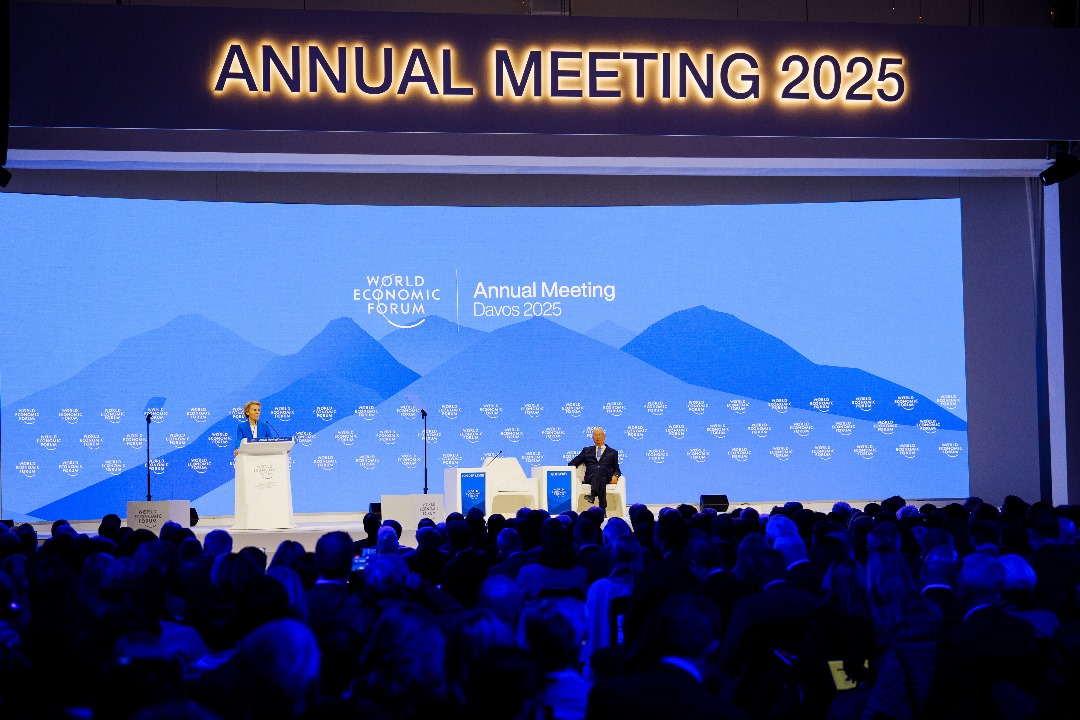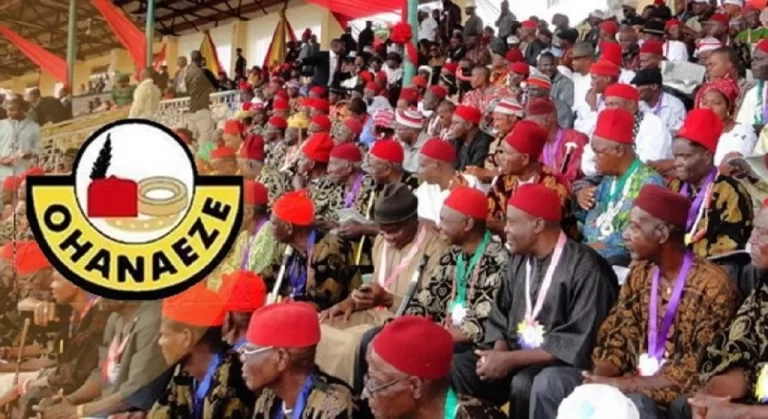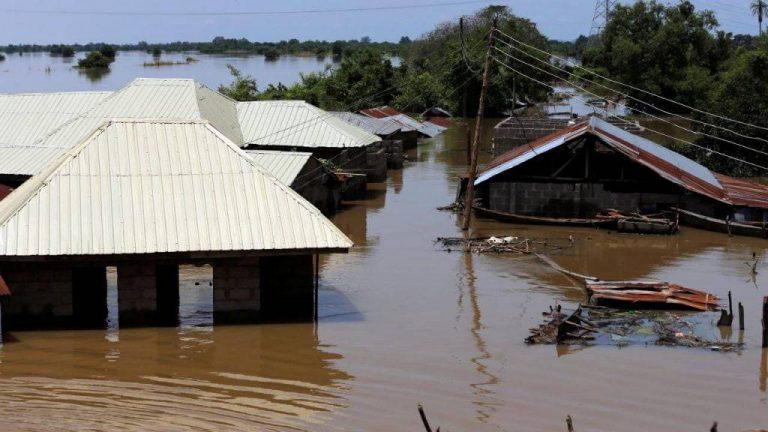Through the week | Top geopolitical stories
By Daramola Luke and Saheed Muheez
While Donald Trump’s presidential inauguration dominated global headlines as he returned to the White House, last week brought other significant developments from the realm of geopolitics.
Here are the top news that made the headlines:
Donald Trump sworn in as America’s president, signs 26 presidential orders on first day
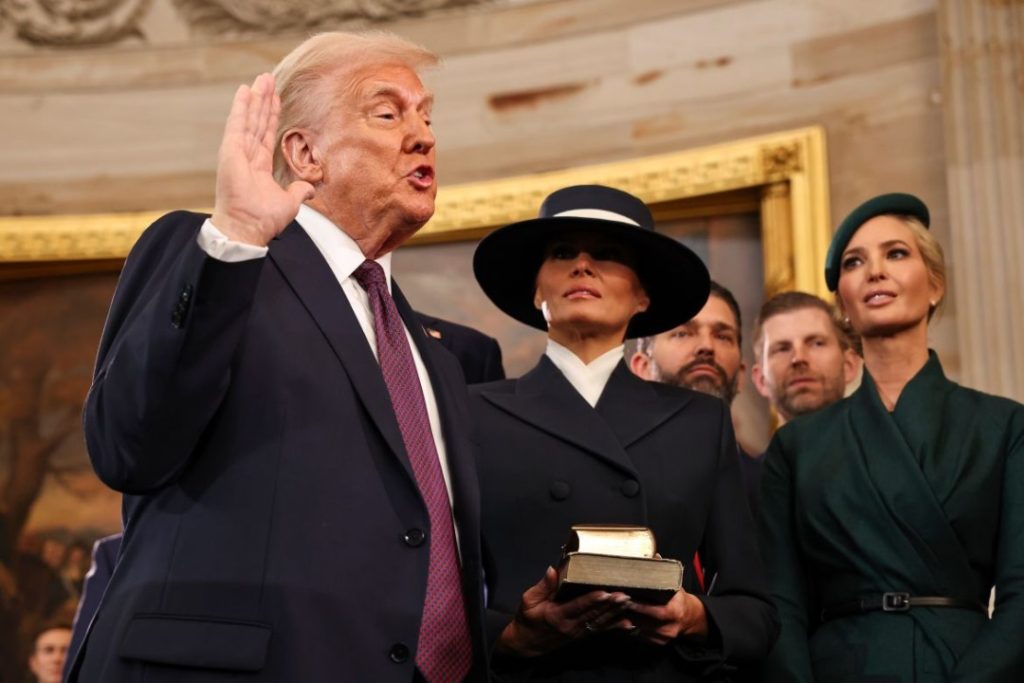
On Monday, January 20, Donald Trump was inaugurated as the 47th President of the United States in a ceremony at the White House in Washington, D.C. The event, attended by prominent figures from various sectors, including his predecessor Joe Biden, showcased Trump’s reaffirmation of his polarising campaign mantra, “Make America Great Again” (MAGA), vowing to pursue it regardless of the cost.
Trump wasted no time in asserting his authority during his first week, signing 26 executive orders into law. These orders addressed a range of contentious issues, including declaring a national emergency at the US-Mexico border, granting pardons to individuals involved in the January 6 Capitol riots and ordering the immediate withdrawal of the United States from the World Health Organisation (WHO), where the US had been a major financial contributor.
Among his priorities, the new President has announced plans to launch the largest mass deportation operation in US history, alongside other sweeping policy measures.
World leaders meet in Davos, discuss climate sustainability, AI, among others

The 2025 edition of the World Economic Forum (WEF) annual meeting took place in Davos, Switzerland, under the theme “Collaboration for the Intelligent Age.” This year’s forum coincided with America’s presidential inauguration, creating a dynamic intersection of political and economic discourse.
With over 50 heads of state and government leaders in attendance, the event focused on pressing global issues. Discussions on the ongoing conflicts in the Middle East and Ukraine dominated, highlighted by the announcement of a Gaza ceasefire and an address by Ukraine’s President on international security.
Climate change and sustainability emerged as critical topics, especially in light of impending tariffs proposed by US President Donald Trump. Leaders also expressed concerns about global debt, which has now surpassed $100 trillion. Other key areas of focus included gender inclusion, advancements in electric vehicles (EVs), and the transformative potential of artificial intelligence (AI).
President Trump joined the forum virtually, issuing a strong warning to global billionaires, threatening sanctions on those who fail to manufacture their products in the United States.
South Korean President Yoon Suk Yeol faces impeachment hearing over insurrection and abuse of power
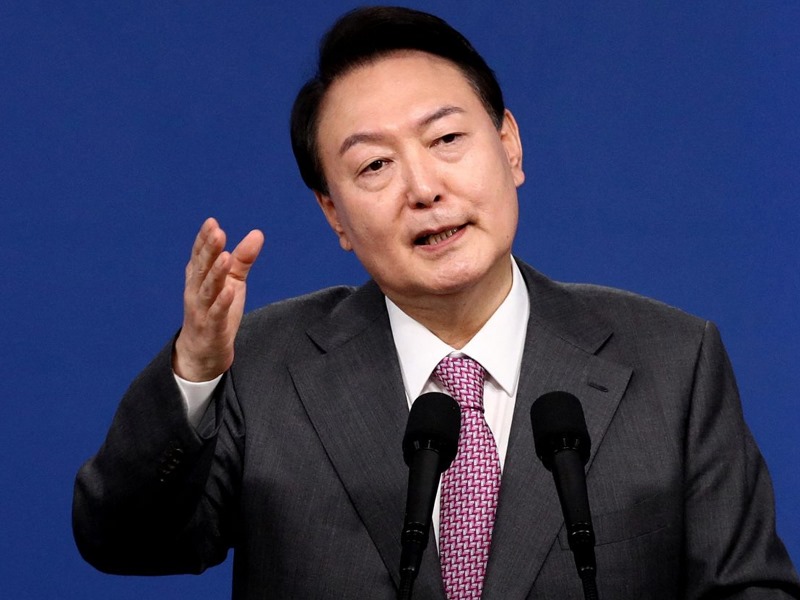
Embattled South Korean President Yoon Suk Yeol appeared in court on Sunday to face allegations of orchestrating a conspiracy against the nation’s sovereignty through his controversial imposition of martial law on December 3, 2024.
This marked Yoon’s first public appearance since the tumultuous events that followed his martial law declaration, which plunged the country into political upheaval. He stands accused of insurrection, a grave charge under South Korean law that is not shielded by presidential immunity. If found guilty, the crime carries a penalty of life imprisonment or even death.
Yoon was impeached by the parliament shortly after his actions, which he claims were not aimed at enforcing full martial law but rather meant as a deterrent against the opposition-controlled legislature that had blocked several of his key policies. Despite his defense, prosecutors argue that his actions breached constitutional norms and pushed the country to the brink of chaos.
The court now holds the authority to determine whether to dismiss the charges and reinstate Yoon or uphold the impeachment and proceed with further legal action. The case has left South Korea at a crossroads, with its democratic institutions under intense scrutiny.
US deportation flights begin as Mexico pushes back
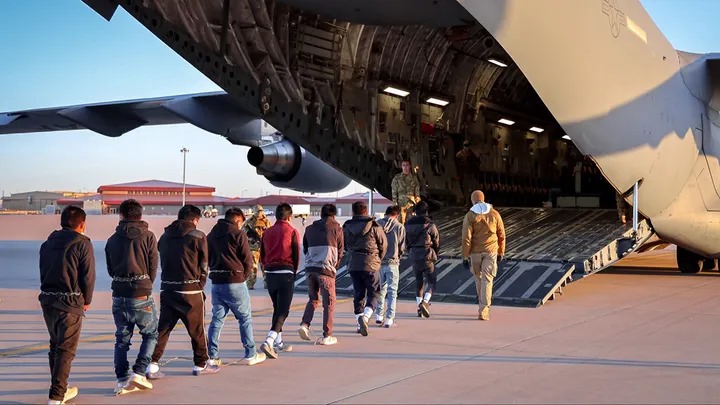
Fulfilling one of his key campaign promises, President Donald Trump has initiated a mass deportation operation targeting undocumented migrants and individuals with criminal records during his first week in office.
On Thursday, January 23, the first deportation flights landed in Guatemala and Mexico, according to statements from the Guatemalan government and the White House. Media reports revealed that three flights transported 265 Guatemalan nationals, with two operated by the US military and one via a chartered service.
Meanwhile, four flights were dispatched to Mexico, but reports emerged that Mexican authorities forced one flight back across the border. Images released by the Mexican government showed temporary housing being constructed to accommodate deportees, signaling preparations for the influx of returning migrants as the US crackdown intensifies.
This operation marks the beginning of Trump’s aggressive anti-immigration policies, which have drawn widespread attention and sparked debate on both sides of the US-Mexico border.
Israel and Hamas begin hostage exchange as Trump pressures Jordan and Egypt to accept refugees
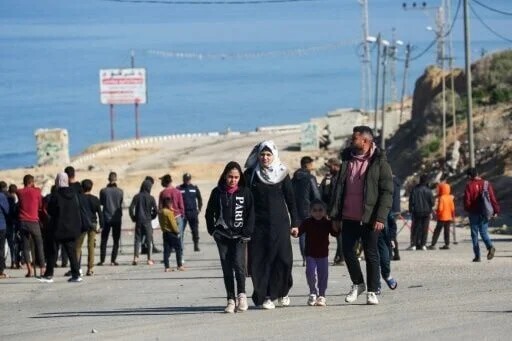
In a pivotal development for Palestinians in Gaza and those displaced by the ongoing conflict, Israel and Hamas have reached a temporary truce that began last Sunday. This 42-day ceasefire provides a brief reprieve for war-weary Palestinians while addressing the immediate humanitarian crisis.
As part of the agreement, Israel will release hundreds of Palestinian detainees from its prisons in exchange for 33 hostages abducted by Hamas. Under the terms, Israel will free 30 Palestinian women, children, or elderly detainees for each civilian hostage released by Hamas, and 50 prisoners for each soldier returned.
Additionally, the Israeli Defense Forces (IDF) will pause active military operations to facilitate the delivery of humanitarian aid into Gaza, helping to rehabilitate the region’s beleaguered population.
Meanwhile, US President Donald Trump has called on Jordan’s King Abdullah II and Egypt’s President Abdel Fattah el-Sisi to accept more refugees from Gaza, referring to the situation as a “mess”. However, many Palestinians remain skeptical, fearing that such initiatives could lead to permanent displacement from their ancestral lands under the guise of repatriation.
The truce represents a fragile but significant step toward alleviating the crisis, though its long-term success remains uncertain.

